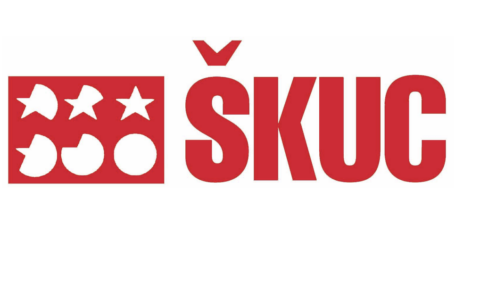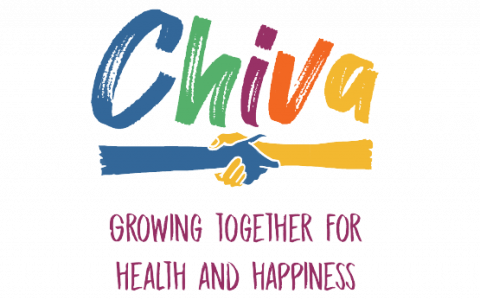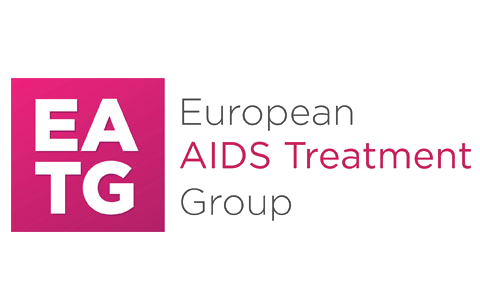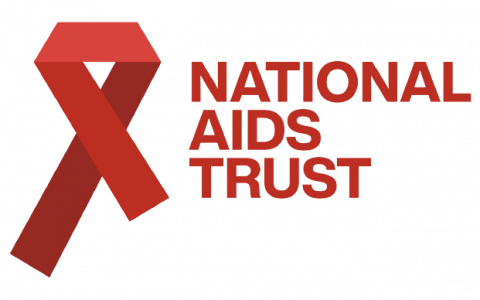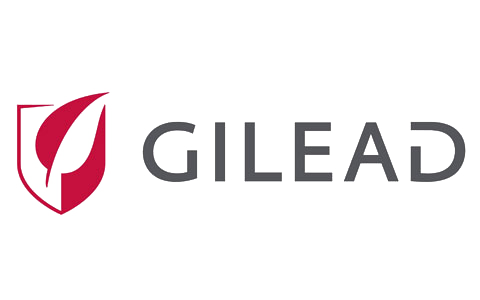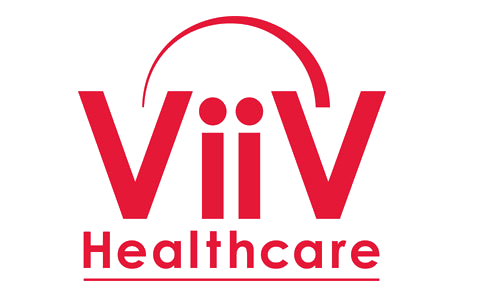Case Study
A EU collaborative partnership for active lifestyles for the adherence to the HIV therapy and to promote fitness as a therapy (ARIE)
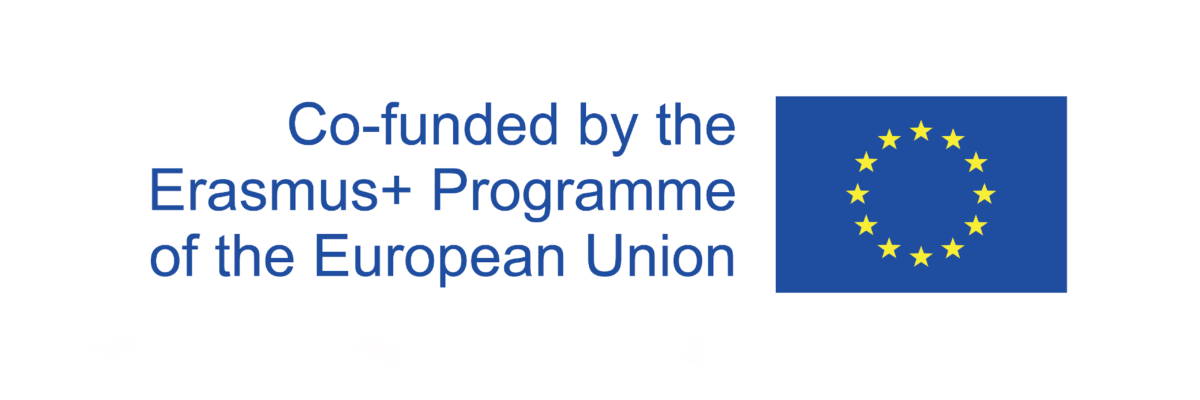
The ARIE project outlines the objectives of a fitness therapy capable of inducing physiological adaptations to exercise in PLHIV by making exercise pleasant, engaging and particularly motivating. The ability of professionals, appropriately trained to identify the exercises specific to each patient's needs, helps ensure each lesson represents a real therapy session, which complements or replaces a normal rehabilitation activity performed in a clinical environment with an often high risk of drop-out. In addition, fitness is cheaper than a rehabilitation programme within the health system and can be adapted according to financial availability.
-
Context
As indicated in the EU Physical Activity Guidelines, regular physical activity can prevent or delay the onset of certain illnesses. Building on this, the ARIE project aims to promote fitness therapy for people living with HIV/AIDS (PLHIV) who are on treatment. The project offers an innovative fitness protocol which helps PLHIV to accept and reconnect with their bodies, re-build self-confidence, address mental health issues and improve their overall well-being. With life expectancy increasing and the symptomatology of HIV being altered since the advent of antiretroviral therapy (ART), we are now learning about associated metabolic changes with negative and possibly fatal implications for PLHIV. A combination of aerobic exercise and resistance exercise can help modify these risk factors. It has been demonstrated that PLHIV could benefit from this physical activity, thus enhancing their life expectancy and health- related quality of life. At an EU level, the need to develop sport for health enhancement and to fight HIV/AIDS discrimination is seen as a priority, as these initiative could promote safer lifestyles and wellbeing among clinical populations.
-
Introduction
The ARIE project outlines the objectives of a fitness therapy capable of inducing physiological adaptations to exercise in PLHIV by making exercise pleasant, engaging and particularly motivating. The ability of professionals, appropriately trained to identify the exercises specific to each patient’s needs, helps ensure each lesson represents a real therapy session, which complements or replaces a normal rehabilitation activity performed in a clinical environment with an often high risk of drop-out. In addition, fitness is cheaper than a rehabilitation programme within the health system and can be adapted according to financial availability.
From a technical point of view, innovative aspects of the project are:
- Individual work in front of the mirror for self-perception and body acceptance;
- Awareness of diaphragmatic breathing to avoid problems caused by poor training, drug therapies, anxiety or stress;
- Option to carry the physical activity barefoot until the 24th session, sometimes even with closed eyes, to stimulate proprioception and motor control often compromised by long periods of HIV-related inactivity;
- Memorisation exercises to rehabilitate and train cognitive abilities that inevitably decay due to HIV;
- Improvement of self-esteem by becoming conscious of oneself and by accepting one’s body image.
-
Aims
The purpose of this project is to examine the evidence of health benefits from regular exercise training among PLHIV on ART. An overview of the findings on this topic indicates that physical activity and exercise are both safe and effective in improving cardiorespiratory fitness, metabolic profile, and quality of life among PLHIV. Today, movement therapy is a well recognised form of complementary therapy used in hospitals as well as at comprehensive HIV clinics. Despite this, a variety of challenges to regular physical activity still persist among PLHIV:
- Cultural: PLHIV and often those who assist them are not aware of the collateral damages associated with inactivity and of the benefits of physical activity to prevent, treat and improve quality of life;
- Psychological: lacking knowledge around physical benefits, PLHIV do not find enough motivation to start exercising;
- Physiological: HIV-related side effects amplify the problems and compromise PLHIV’s quality of life.
To overcome these barriers, the project will carry out the following activities:
- Creation of a EU innovative protocol to promote physical activity in the form of fitness to HIV+ people aged 18-50 to involve them in a moderate/vigorous physical activity;
- Organisation of a ‘Train the Trainers’ EU course for health professionals and trainers from Italy, Bulgaria, Lithuania, Slovenia, Romania and Greece on the application of the protocol, so that they can educate PLHIV about the importance of physical activity for their recovery and overall well-being.
The findings from the project will be shared at regional, national and EU levels via a dissemination plan, which may lead to the development of new, diverse sports networks across Europe.
-
Method
The activities of the ARIE project will be carried out in consecutive stages, while other activities, such as management, quality control and dissemination will be ongoing and involve every aspect of the project. Each activity will include preparation, design, implementation, validation and finalisation stages. The quality of work and working processes will be supervised by all project partners and discussed at project meetings. Project partners will give feedback on interim results, research plans, report drafts, and publications, to ensure high-quality methods and results.
-
Results
The project will make use of milestones and indicators in order to accurately determine whether it is on schedule and the objectives are being met. To evaluate and make improvements, results will be assessed using a number of quantitative and qualitative indicators. Data will be collected using quality instruments provided during the implementation of the project, as well as through other sources of information. Such sources may include feedback from:
- Participants taking the ‘Train the Trainers’ courses about the educational material and the training process;
- People participating in the project pilot;
- Followers on social media and visitors to partners’ websites;
- Participants in the dissemination events.
The specific indicators for evaluating the progress and results of the project shall be outlined in the quality plan that will be prepared within the first two months of the project and will be evaluated and approved by the partners during the first (kick-off) meeting.
-
Recommendations
- Encourage physical therapy, supporting the implementation of the Council Recommendation on health- enhancing physical activity and in line with the EU Physical Activity Guidelines;
- Promote education in and through sports;
- Reinforce cooperation between partners promoting physical therapy from various countries;
- Increase the quality in the preparation, implementation, monitoring and follow-up of sports projects at the EU and international level and increase capacities to encourage citizens to participate in physical therapy.

